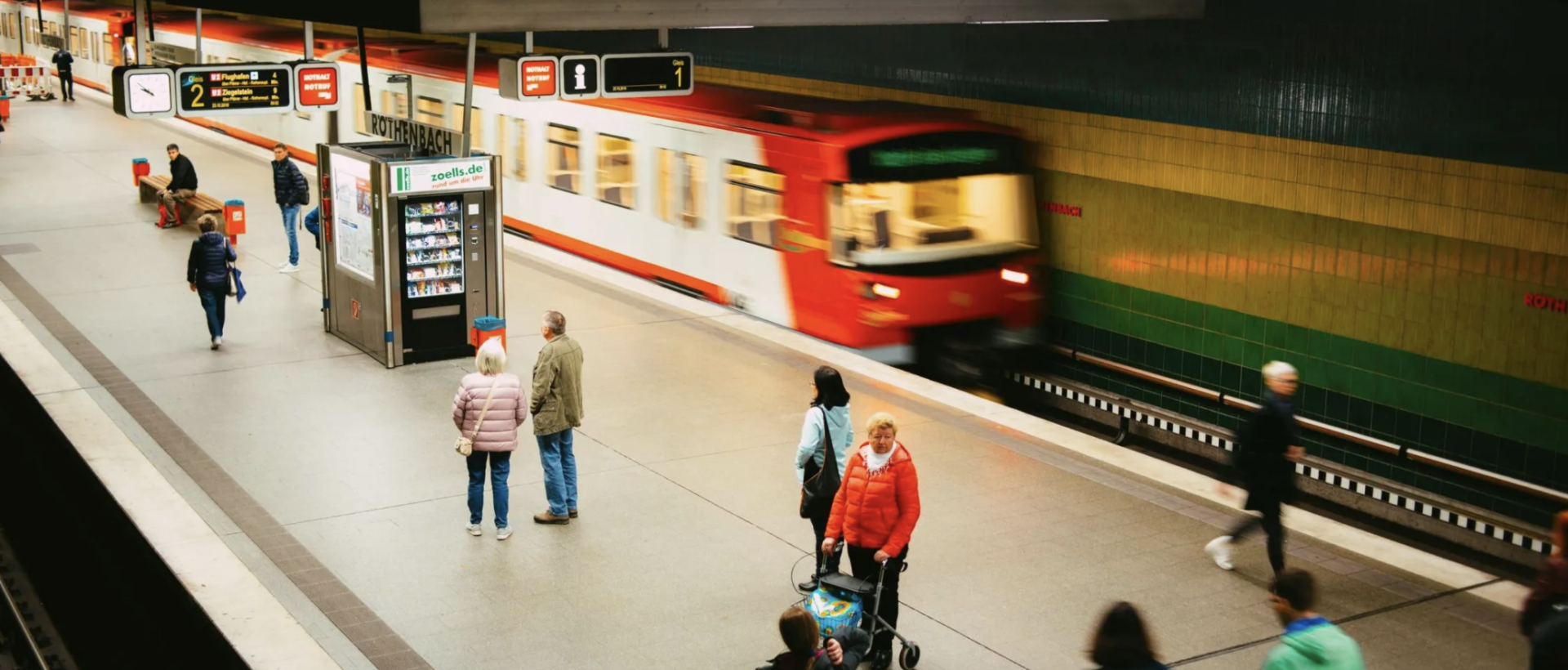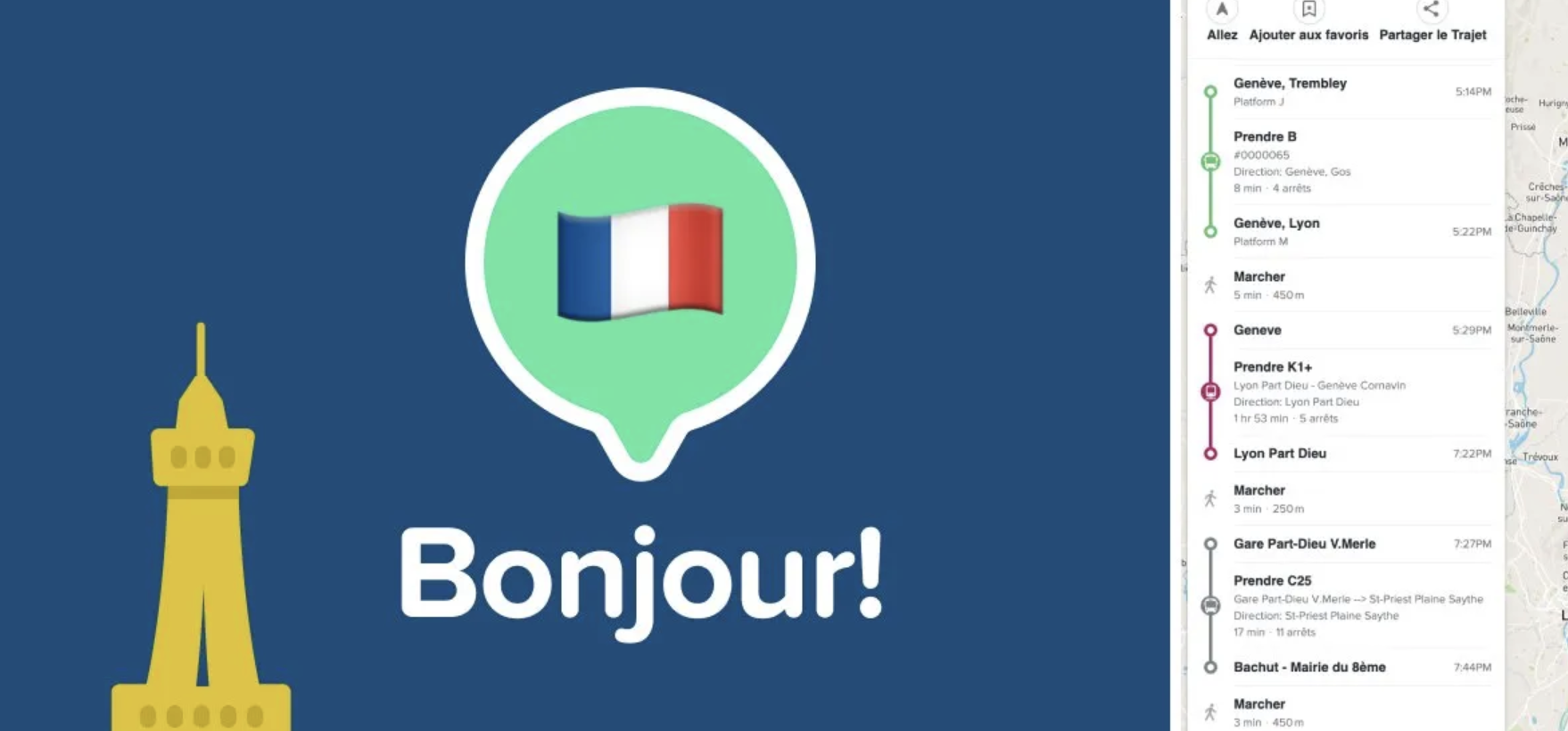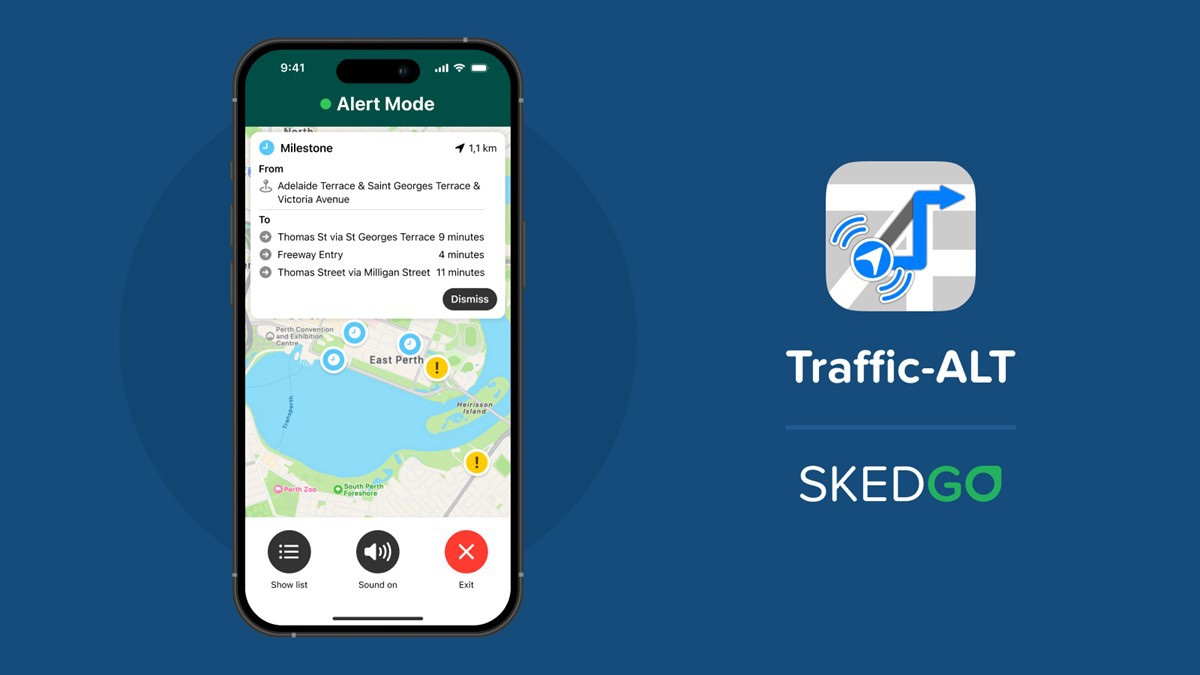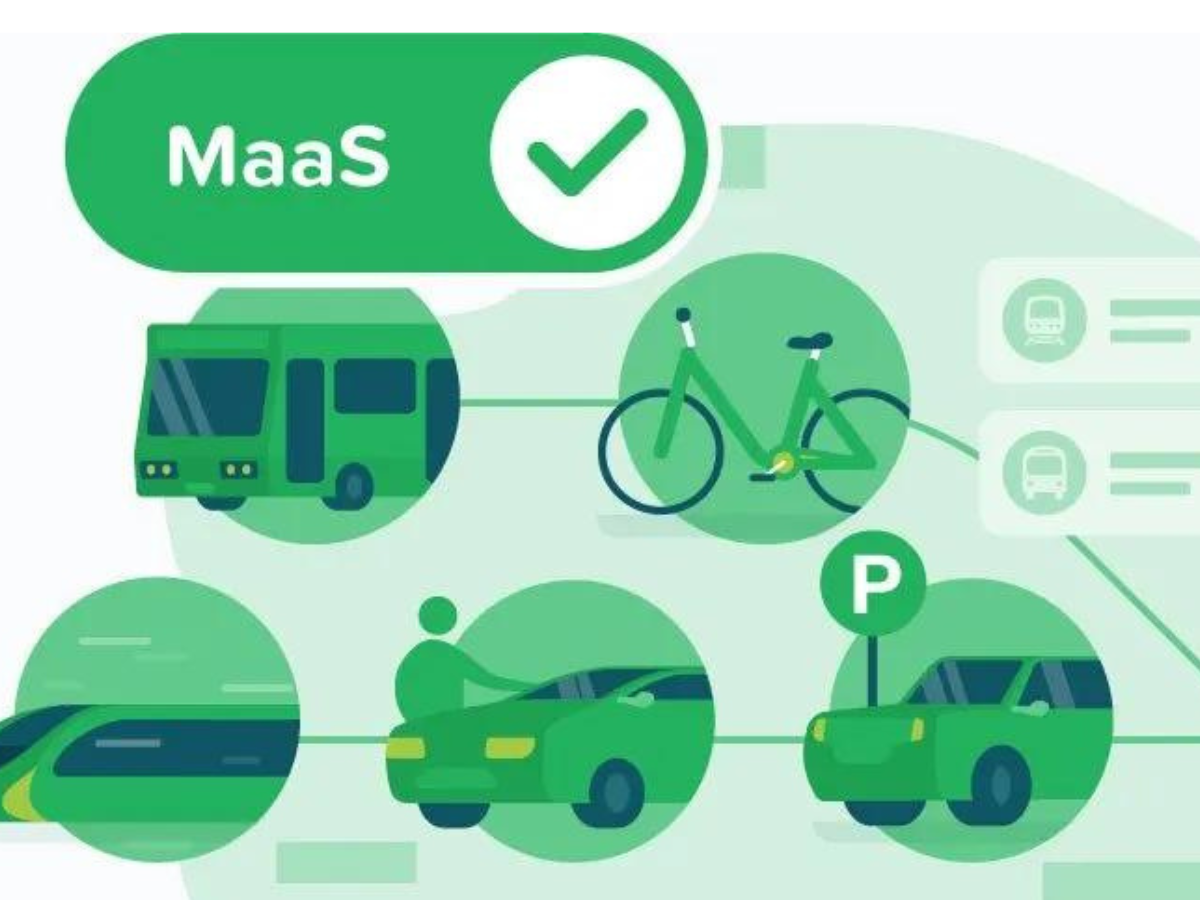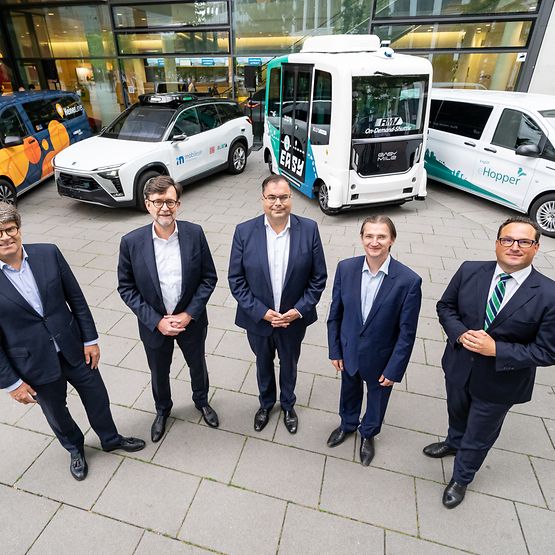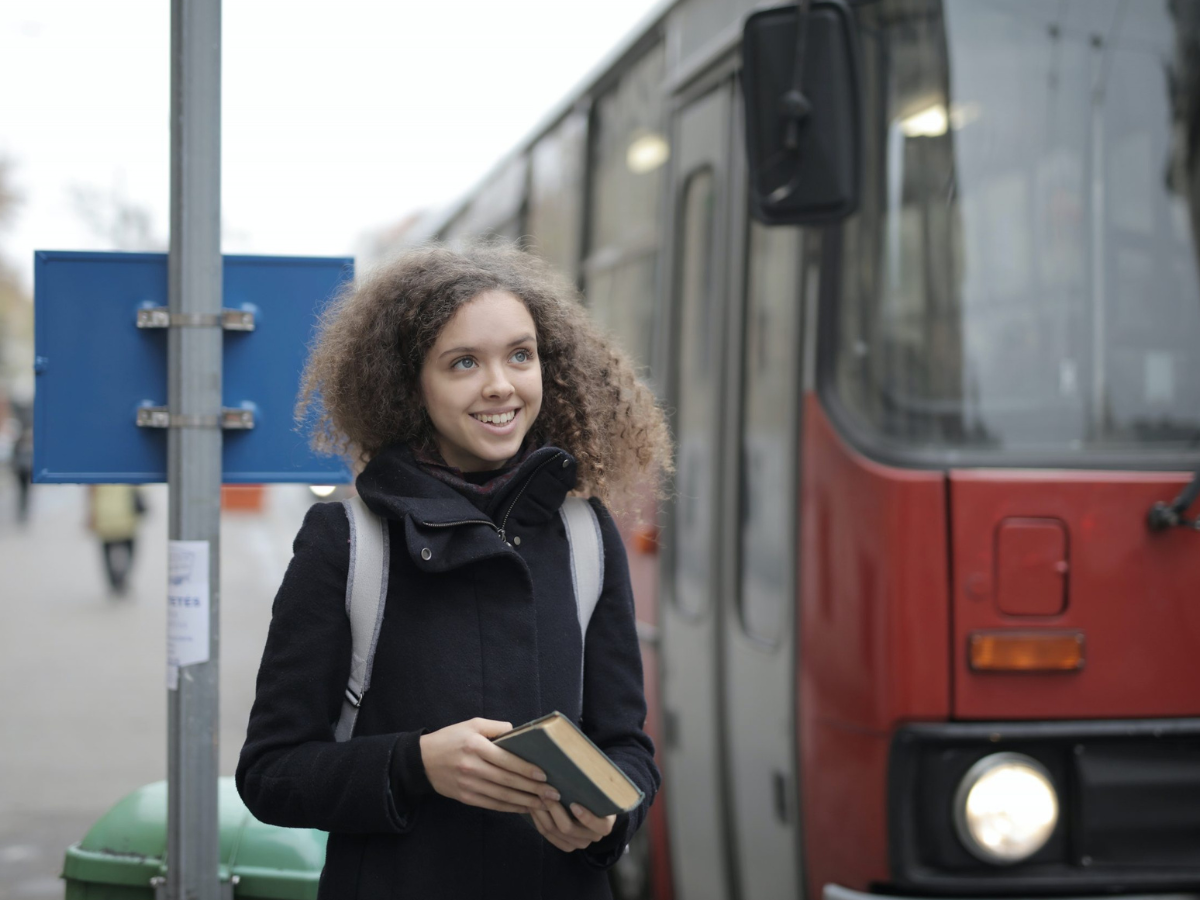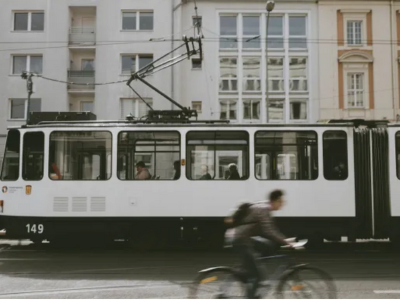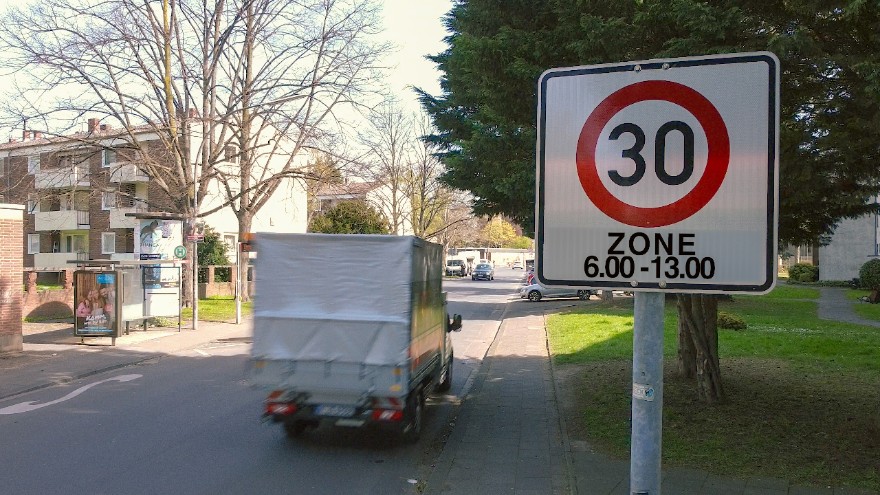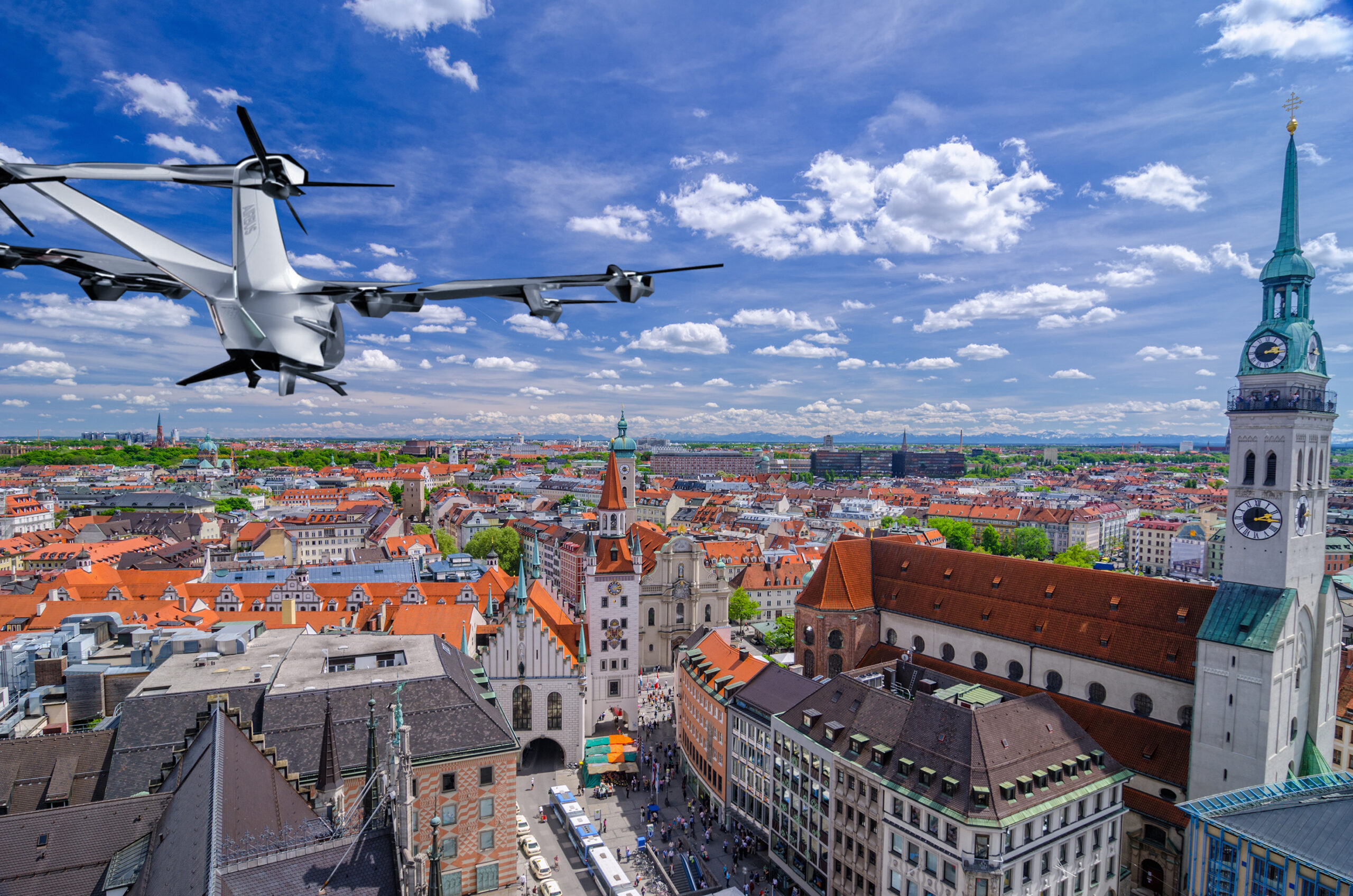A MaaS Perspective from Germany
At the heart of Europe, Germany is one of the continent’s most important transport hubs covering land, air and water with high traffic volumes thanks to its strategic location. Within its dense, modern transport infrastructure are controlled-access autobahns, high-speed trains, rapid transit systems and a range of public transport.
This makes it an interesting candidate for Mobility as a Service (MaaS). As it has been quite a while since we looked at MaaS in Europe – you can read the articles part 1 here and part 2 here – we thought it would be interesting to explore MaaS in Germany on a broader scale.
Attitudes Towards Mobility
Home to some of the best engineering in the world, it’s easy to understand the love affair Germans have with private cars. Even the country’s millennials, including city-dwellers, showed a preference for car ownership. Germany accounts for 48m passenger cars, with Italy and France taking second and third place within the European Union according to research from the ECEA.
However, a study found that German motorists underestimate the real cost of car ownership and that education could significantly reduce private cars.
It would also make alternative modes more appealing. Shared mobility revenue in Germany is estimated to reach an 11.95% annual growth rate (CAGR 2022-2026), with a potential market volume of US$65.74bn, and 63.4m shared vehicle users by 2026. Research published in Travel Behaviour and Society showed that cost was a deciding factor for shared transport usage in German cities, with carsharing benefiting when private car or public transport are more expensive.
Cycling in particular is an increasingly popular form of mobility.
The 2021 Cycling Monitor showed the boom in cycling seems set to continue: 41% of people aged 14 to 69 aim to cycle more often, with residents in major cities the most willing to use low or no emission transport modes more frequently. Around 16m people in Germany are considering purchasing a bicycle. Given rising inflation and its impact on the cost of living, more people may turn to such modes of transport.
Recognising Germany’s Potential
Against this backdrop are a growing number of mobility initiatives, from the introduction of innovative transport modes to the technology to better integrate every aspect of travel, encouraging a more accessible and sustainable mobility ecosystem.
The Mobilitätswende 2030 (Mobility Transition 2030) study sees the future of public transit as ‘flexible’ and ‘digitally networked’, according to Future Transport-News. One example of this is the Stuttgart Vaihingen S-Bahn station mobility hub, which also integrates an ability to book any combination of environmentally friendly transport modes on a digital device including car sharing, bike rentals and public transit. Likewise, Berlin mobility hubs and digital mobility services provide access to shared modes from one location and can be used in combination with car, bike, public transit and on-demand shuttle services.
Elsewhere, Hamburg – ranked first in Germany’s Smart City Index for the third year running – aims to create an automated, networked and sustainable mobility ecosystem. This includes testing an electric on-demand service in the outer city and an autonomous HEAT minibus in HafenCity. The hvv switch app combines public transit and ticket purchasing with other shared mobility services (it’s intending to create digital bundles) while RealLab Hamburg and partners are testing a range of smart mobility options including electric autonomous on-demand shuttle buses in underserved communities. The Smart City Index also highlighted the mobility advances that Dresden has made. The city is focusing on ‘optimised intermodal transfer centres’, driverless cars and networked vehicles to improve traffic flow and air quality.
Countrywide and Cross-Border MaaS
It’s not only within cities that the MaaS framework can be applied. Germany is involved in collaborations such as the Limburg MaaS pilot in the Netherlands, supporting cross-border travel. At SkedGo, we’ve also expanded our routing algorithm across the whole of Germany and beyond, so that countrywide mobility solutions can be created. This means passengers will be able to take multimodal trips in cities such as Hamburg, Berlin, Dortmund, Cologne (Köln), Stuttgart, and Munich (München), as well as other parts of Germany.
Access to more than 1,000 transport operators is available via our API, SDK and white label solutions including public transport, shared micromobility, car sharing, motorbike, wheelchair options and more, allowing travellers to compare and combine modes based on their personal preferences.
Countries such as Switzerland, Belgium, Luxembourg and the Netherlands are also fully covered, providing the ability to create cross-border mobility tools that can allow users to plan, book, pay and manage their journeys.
New Government Approach
While positive steps are being taken to explore MaaS in Germany, the new government will have an important role to play. However, an article by Sebastian Ibold and Daniel Bongardt on Changing Transport notes that the coalition agreement was somewhat light on detail. Given transport is an important sector when it comes to big issues such as climate change and accessibility, it remains to be seen what happens in practice.
The coalition document* does, however, offer some interesting points which indicate the government’s intentions. These include obliging transport and mobility organisations to make their real-time data available, enabling digital booking and payment across providers, developing the mobility data space, and making innovative mobility solutions part of the long-term strategy for autonomous and connected public transport.
It also aims to address active travel at the strategic level, as well as promote cycling and public transport.
(* Compiled and translated by Sebastian Ibold. See 2021 Overview of Coalition Agreement for the full text.)
The Future of MaaS in Germany
Like many other countries, Germany still has a way to go to make MaaS a reality. It’s certainly not alone in that respect. Much will depend on the coalition government to create an environment where innovation can flourish – particularly where mobility can support broader public issues. That said, there are some interesting initiatives taking place. The key will be to bring everything together into a cohesive and attractive experience for users. This will call for greater collaboration and education, putting users at the centre of any potential MaaS ecosystem to ensure it’s fully connected, inclusive, and sustainable.
This article was originally published by SkedGo Pty Ltd.



